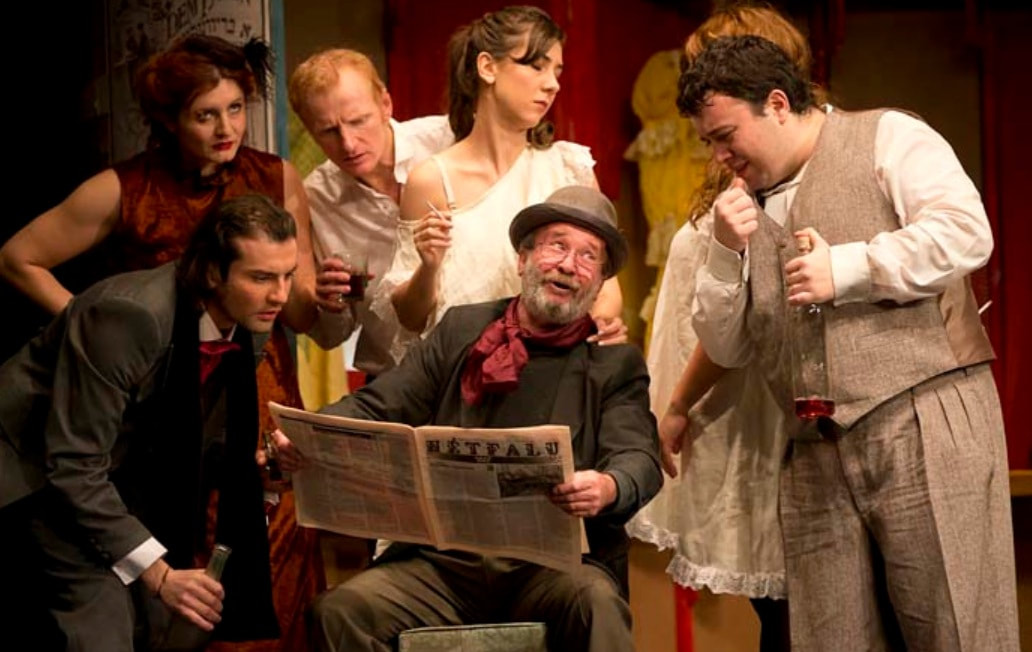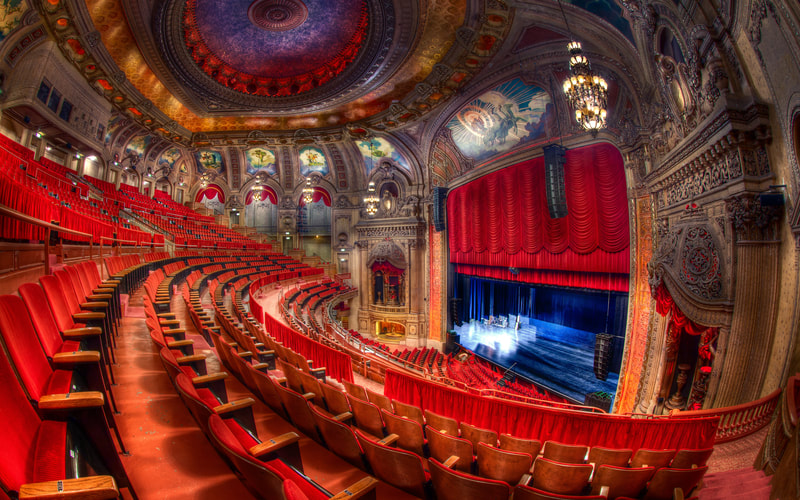|
http://www.jonimacfarlane.com/blog
After schlepping my books to a much smaller house last year, I’ve slowly decided to cull the collection. This is a decision that almost pains me, but really, what’s the point of dragging them around for so long? One of the joys of culling is the chance to go through them all again. I’m excited to discover I have a stack of plays, both ancient and modern, from my university days. Reading drama was not optional. Broadly speaking, drama is essentially the portrayal of fictional or non-fictional events through the performance of written dialog. This dialog can be in prose or poetry. At one time, playwrights rose to great fame and their work was considered as important to the literary canon as any novelist or poet. (Even nerdy Arthur Miller got the girl, Marilyn Monroe). As a public spectacle, theatre has been around for about 2,500 years. Ever since the lyric poet Thespis became the world’s first actor and the Golden Age of Greece began. It got me thinking - does anyone read drama anymore? I suspect the answer is no, but why not? TV and movies are rife with cultural references (think delusional underdog Willy Loman from Death of a Salesman, or sensual, deferring Stella from A Streetcar Named Desire). Most people know these characters from film adaptations, but have you ever thought to read them in their original dramatic form? Here are my reasons for why you should. Personal enrichment: Ideally, we see plays performed on stage by actors in costume, with scenery and props. Reading takes place in the mind. The more we read, the more we’re able to picture who and where we are in the game. Imagination is magic. And we learn so many things, beginning with the play itself, a world in itself, created by the playwright god—its story in the words of the playwright’s character, with moral meaning, melody, and (in our minds) its spectacle. It captures our attention, tells a story, makes us laugh or cry, rises to a climax, and concludes with a moral lesson. If it both “instructs and delights,” we also learn a lot about ourselves and human history, and where we fit in the real world. Historic plays show what people did and felt, believed, lived through, all back through history, and what the audience actually saw and heard on stage before we learned to read. We learn how theatre emerged from pagan ritual and used to institute democracy. How throughout history, religion and the state have used it to incite the masses to their advantage and banned it when it threatened their interests. Theatre had magic power. We also look at plays today, swept into a corner, and realize that they’re just as good as yesteryear’s, some better; but few people see them and they’re rarely published. Cultural Heritage: The western world is what it is in very large part because wise men wrote and produced plays that both reflected and profoundly affected their respective lives and times. From the Ancient Greeks till long past Shakespeare, they were how most people learned about the literary world (they couldn’t read), and their mesmerizing power both informed and moved them en masse, changed their hearts and minds, prompted riots and revolutions, causing church, state, and the upper crust to use (and abuse) them or ban them outright from the stage. If we are to have a future, we must understand the past, and the best source of that knowledge is dramatic literature. Salvation: In these hard, cold, digital times, controlled by corporations, social media, and a multitude of divisions, the human race is becoming less and less communal, less humane. Even our diversions veer away from recognition of the one and only thing all hold in common. Dramatic art affirms our shared humanity. People go to church to find God and the Afterlife; theatre is about people on earth. Of the two, humanity most needs to know itself. Although plays are written to be dramatized, they are also literature, in poetry or prose, as dialogue. One reads books and poems in solitude, in silence. A play comes alive when it’s spoken. Even when it’s in your own mind. Why not give it a try?
0 Comments
Leave a Reply. |
Archives
July 2024
Categories |


 RSS Feed
RSS Feed
